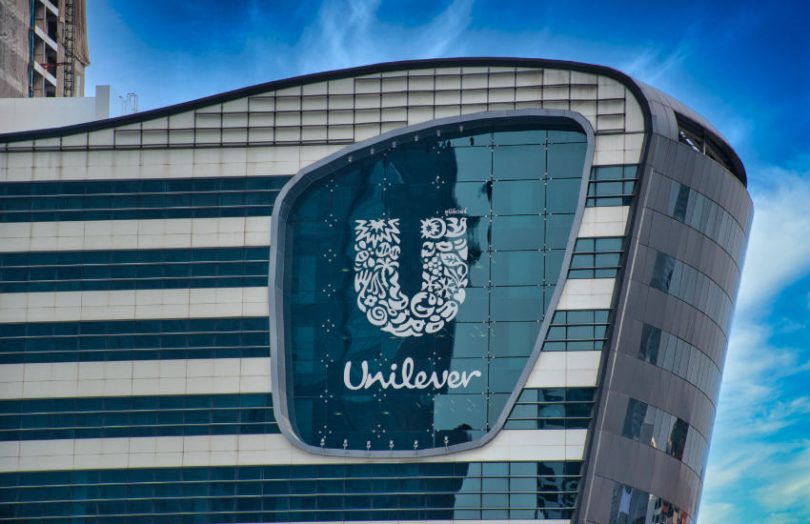Earlier this week, Unilever and SAP announced they were partnering to pilot the GreenToken by SAP solution in Unilever’s supply chain. This blockchain-based technology will allow Unilever to trace its global palm oil resources, making sure that the origins of this raw material are transparent and sustainably verified. Unilever owns brands such as Wall’s ice cream, Magnum, and cleaning products Omo and Comfort.
In the past two decades, palm oil production has more than tripled – due to it being one of the most common raw materials in many household goods, from cosmetics to detergents to chocolate and biofuel. As demand for cheap palm oil grows, rainforests are burnt, clearing the way for more palm plantations. Palm oil expansion in countries such as Malaysia and Indonesia is the leading cause of carbon dioxide emissions, rainforest destruction, and human rights issues.
Also, even if palm oil is being responsibly produced, global supply chains can often co-mingle this product with less responsibly sourced palm oil, making it difficult for companies to claim a sustainable supply chain.
The partnership between GreenToken by SAP and Unilever aims to combat these issues. The GreenToken technology is run an on a Quorum enterprise blockchain, where digital twin tokens allow actors within the supply chain, as well as customers, to see how much sustainable material is in their product. A mass balancing system provides for immutable tracing of the raw materials used from input to output. At the final stage of the process, a token is issued for the product, which provides an audit history from the blockchain ledger of the product’s origin.
“Unilever is committed to achieving a deforestation-free supply chain by 2023, and blockchain technology has the potential to help companies, like ours, track their supply chains to ensure the commodities we source respect people and the planet,” said Dave Ingram, chief procurement officer, Unilever.
The GreenToken solution has previously been trialed with Mitsubishi Chemicals, Bosch, and Eastman, to implement traceability and transparency into their supply chains. Outside of GreenToken, the SAP blockchain platform has also been used to increase productivity and reduce administrative delays in Coca-Cola’s bottling production line.
Implementing blockchain technology into palm oil production is becoming increasingly common, as it provides a number of benefits. In Thailand, blockchain has been explored to increase profits for farmers by cutting out the middleman in financial transactions. Whereas, in Malaysia, the blockchain platform BloomBloc has been trialed to improve traceability in their palm oil supply chains, which is important to garner sustainability credits and customer trust.







